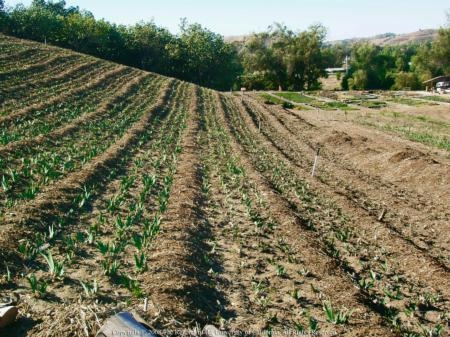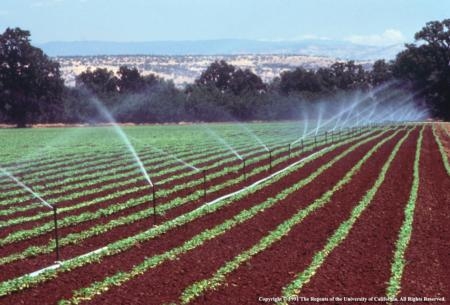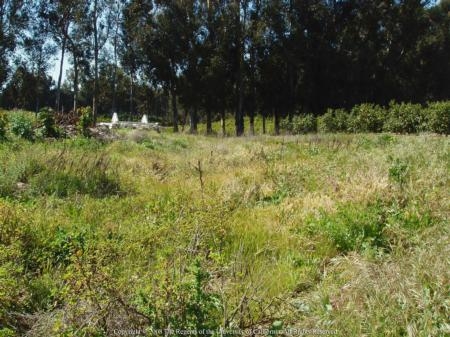Developed in partnership with Natural Resource Conservation Service (NRCS), UC ANR’s Farm Water Quality Planning (FWQP) series is designed to provide water quality and technical assistance to California growers.
The structure of this series is extremely practical. With 30 separate publications covering specific aspects of water quality planning, users can access information needed for their operations. Most FWQP reference sheets are less than 10 pages. All pack a great deal of knowledge in easily digestible formats. Links and suggestions for further information can be found at the end of each.
This series shines in the range of topics covered and care taken to tailor information to a variety of audiences. Examples of topics available for free download in this series include:
- Basic concepts of Groundwater Hydrology
- Identifying Your Farm Water Quality Goals
- Developing a Nonpoint Source Pollution Evaluation Program
- Irrigation Water Salinity and Crop Production
- Groundwater Quality and Groundwater Pollution
- Watershed Response to Storm Events
- Legal Descriptions of Property
- Pesticide Selection to Reduce Impacts on Water Quality
- Nutrient Management Goals and Management Practices for Nursery and Floriculture
- Practices for Reducing Nonpoint Source Pollution from Irrigated Agriculture
To view additional topics and to download the publications, please click here.

Mulches used to cover bare soil can reduce soil runoff and promote infiltration. Photo by A. Ellis.

For most farms, adopting conservation cropping sequences or changing the way you manage your irrigation water will provide the quickest and most economical means of reducing pollution by sediment.

Vegetation is a better option than pavement or bare soil for open areas because it can absorb water and prevent the movement of runoff, nutrients, and pesticides. Photo by D. Zurawski.